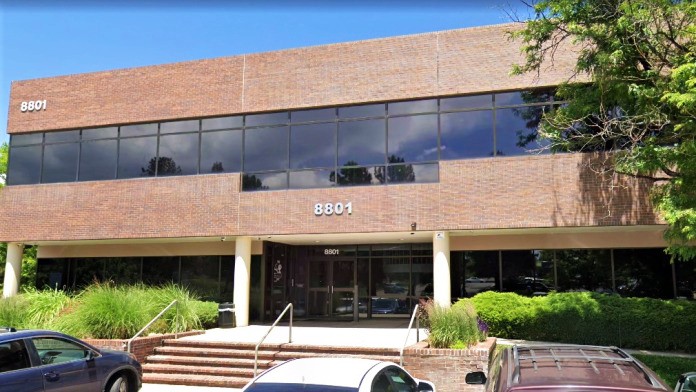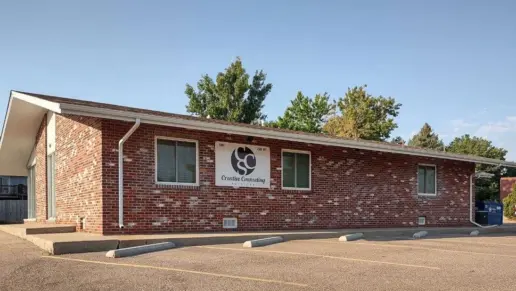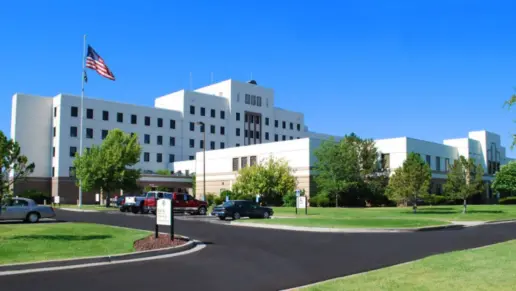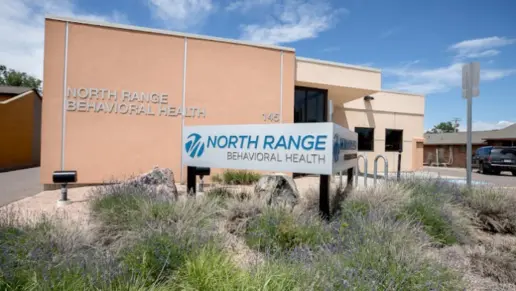I have never believed that therapists help and I think they were in this clinic looking at my case in vain because nobody could help me. These therapists are the ones who changed my life, and I can not be happier. THANK YOU SO MUCH!
About Mile High Behavioral Health
Based in Denver, Colorado, Mile High Behavioral Health specializes in therapy services to support mental and behavioral health. Support is available to clients of all ages, and various payment options are accepted. Clients can cover their treatment through self-pay, Health First Colorado (Medicaid), Employee Assistance Program Plans, and other private insurance plans.
Accessible Therapy Options in Denver
At this center, it’s understood that cost can prove to be a barrier for many individuals seeking treatment. This is why, in their commitment to accessible care, the center is open to working with individuals and families to make things easier. They do this by offering sliding scale payment options, as well as financial assistance programs.
All clients are also entitled to a free initial consultation session to gauge whether the services and therapists here are the right fit for them and their situation. The team takes great care to help pair clients with a therapist who’s the best fit for them, to ensure the best possible outcome.
Therapy Options for Addiction Treatment and Mental Health
Individual, group, couples, and family therapy are all offered here to support clients in overcoming whatever mental or behavioral issue they may be struggling with. It may also be that clients are going through a particularly challenging life or relational issue they need help navigating, like abuse, grief, self-harm, or chemical dependency.
Individual therapy can help unpack a number of different challenges, helping clients get to the root of their issues.
Meanwhile, group therapy is particularly recommended as part of addiction treatment, since it can help participants hold one another accountability while sharing and learning from the experiences of their peers. It offers a uniquely supportive environment, and a safe, mediated space for participants to build awareness and connection.
Latest Reviews
Rehab Score
Gallery

Accepted Insurance
Other Forms of Payment
Private insurance refers to any kind of healthcare coverage that isn't from the state or federal government. This includes individual and family plans offered by an employer or purchased from the Insurance Marketplace. Every plan will have different requirements and out of pocket costs so be sure to get the full details before you start treatment.
Self-pay involves paying for treatment out of your own pocket. You can use savings or credit, get a personal loan, or receive help from family and friends to fund your treatment. If you don't have insurance or your insurance plan doesn't cover a specific program, self-pay can help ensure you still get the care you need.
Financial aid can take many forms. Centers may have grants or scholarships available to clients who meet eligibility requirements. Programs that receive SAMHSA grants may have financial aid available for those who need treatment as well. Grants and scholarships can help you pai for treatment without having to repay.
Sliding scale payments are based on a client's income and family size. The goal is to make treatment affordable to everyone. By taking these factors into account, addiction recovery care providers help ensure that your treatment does not become a financial burden to you or your family, eliminating one barrier to care.
Medicaid is a state based program that helps lower-income individuals and families pay for healthcare. Medicaid covers addiction treatment so those enrolled can use their coverage to pay for rehab. When a program accepts Medicaid the client often pays very little or nothing out of their own pocket.
Addiction Treatments
Levels of Care
 Outpatient
Outpatient
 Medically Assisted Detox
Medically Assisted Detox
Treatments
The goal of treatment for alcoholism is abstinence. Those with poor social support, poor motivation, or psychiatric disorders tend to relapse within a few years of treatment. For these people, success is measured by longer periods of abstinence, reduced use of alcohol, better health, and improved social functioning. Recovery and Maintenance are usually based on 12 step programs and AA meetings.
Professional services are often necessary to recover from addiction. Drug rehab in Colorado provides the expert services needed to address the complex issues of addiction and help individuals start their recovery journey.
A combined mental health and substance abuse rehab has the staff and resources available to handle individuals with both mental health and substance abuse issues. It can be challenging to determine where a specific symptom stems from (a mental health issue or an issue related to substance abuse), so mental health and substance abuse professionals are helpful in detangling symptoms and keeping treatment on track.
Programs

Adult Program
Clinical Services
Cognitive Behavioral Therapy (CBT) is a therapy modality that focuses on the relationship between one's thoughts, feelings, and behaviors. It is used to establish and allow for healthy responses to thoughts and feelings (instead of unhealthy responses, like using drugs or alcohol). CBT has been proven effective for recovering addicts of all kinds, and is used to strengthen a patient's own self-awareness and ability to self-regulate. CBT allows individuals to monitor their own emotional state, become more adept at communicating with others, and manage stress without needing to engage in substance abuse.
Dialectical Behavior Therapy (DBT) is a modified form of Cognitive Behavioral Therapy (CBT), a treatment designed to help people understand and ultimately affect the relationship between their thoughts, feelings, and behaviors. DBT is often used for individuals who struggle with self-harm behaviors, such as self-mutilation (cutting) and suicidal thoughts, urges, or attempts. It has been proven clinically effective for those who struggle with out-of-control emotions and mental health illnesses like Borderline Personality Disorder.
Whether a marriage or other committed relationship, an intimate partnership is one of the most important aspects of a person’s life. Couples therapy and other couples-focused treatment programs are significant parts of exploring triggers of addiction or other conflicts. Mile High offers counseling to resolve issues in relationships with the focus of preserving the connection between individuals and offers tools to implement for a successful outcome.
Mile High Behavioral Health is committed to improving interactions among family members to foster the relationships that are the foundation for emotional connections, support, and accountability to build family cohesiveness. The address single parent empowerment, blended family cohesiveness parenting and family enrichment.
Group therapy is any therapeutic work that happens in a group (not one-on-one). There are a number of different group therapy modalities, including support groups, experiential therapy, psycho-education, and more. Group therapy involves treatment as well as processing interaction between group members.
In individual therapy, a patient meets one-on-one with a trained psychologist or counselor. Therapy is a pivotal part of effective substance abuse treatment, as it often covers root causes of addiction, including challenges faced by the patient in their social, family, and work/school life. Mile High Behavioral Health offers supportive individual services by providing constructive, alternative coping methods with strategies for individuals to implement these tools to improve his or her outlook.
Trauma therapy addresses traumatic incidents from a client's past that are likely affecting their present-day experience. Trauma is often one of the primary triggers and potential causes of addiction, and can stem from child sexual abuse, domestic violence, having a parent with a mental illness, losing one or both parents at a young age, teenage or adult sexual assault, or any number of other factors. The purpose of trauma therapy is to allow a patient to process trauma and move through and past it, with the help of trained and compassionate mental health professionals.
Contact Information
8801 E Hampden Avenue
Suite 108
Denver CO, 80231











